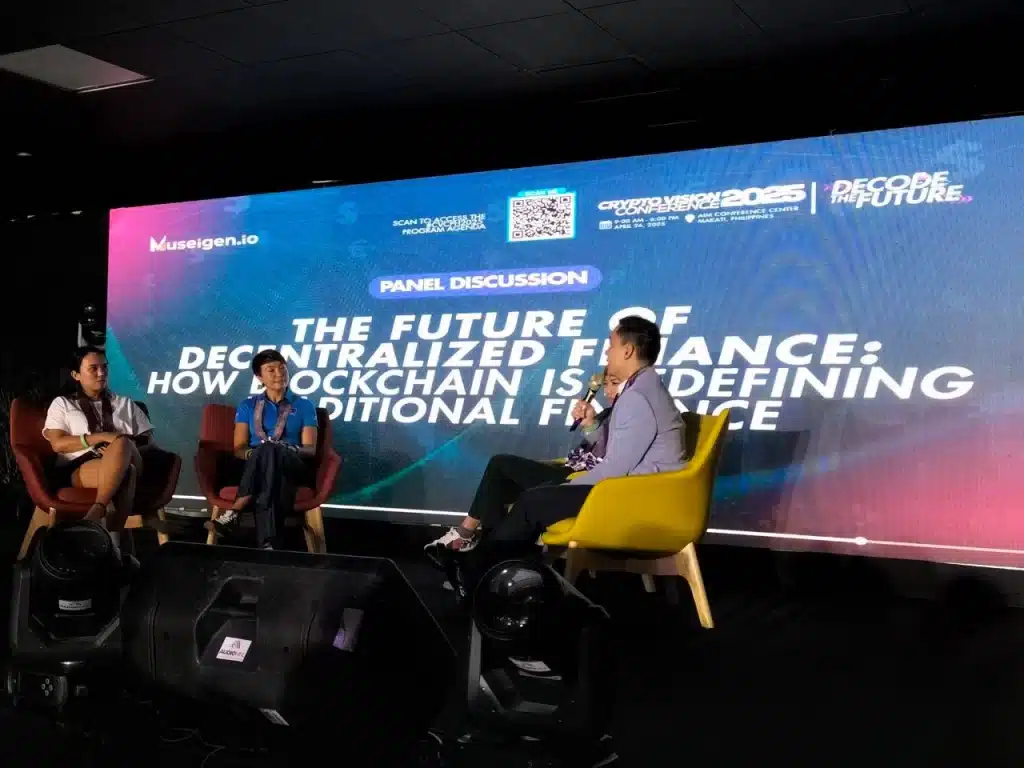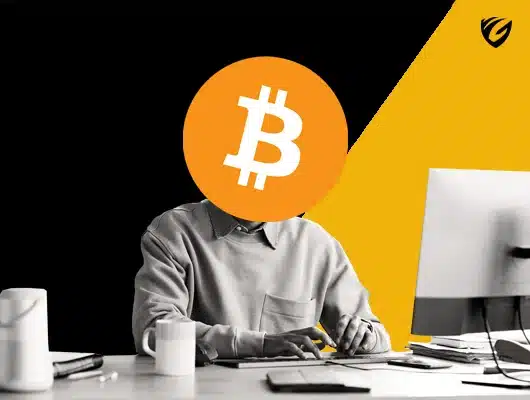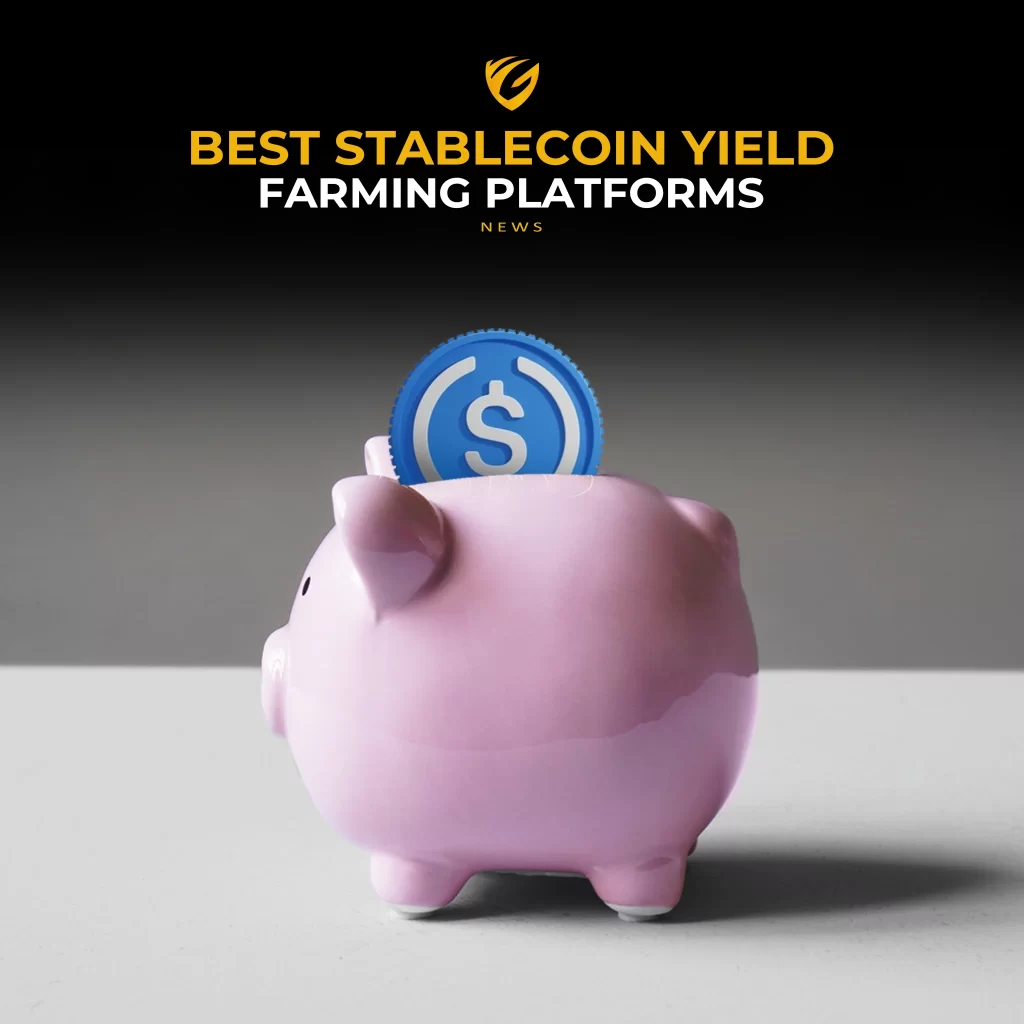Tokenizing the Philippines: The Elections and Beyond
In 2022, over 50 million Filipinos participated in the national elections. Concerns arose after a prior data breach at Smartmatic, the technology provider for vote counting machines, along with technical glitches during election day.
As the May 12, 2025 senatorial elections approach, these issues of electoral integrity are likely to resurface. Beyond the elections, many areas of government could benefit from improved transparency and accountability.
Blockchain presents promising solutions that could secure elections and transform governance and finance in the country. Imagine a future where every vote and transaction is instantly verifiable, tamper-proof, and transparent to all citizens.
Why Use Blockchain in the Philippines?
According to estimates, 20% of the annual national budget is lost to corruption, translating to P1.6 trillion for the 2024 budget. These funds, instead of supporting projects that would benefit Filipinos, end up in officials’ pockets.
Transparency is a major issue in the Philippines.
Meanwhile, blockchain’s core strengths lie in its transparency, security, and efficiency. Its immutable records ensure data cannot be altered, fostering trust in sensitive processes like voting or budget tracking.
Decentralization eliminates single points of failure, reducing risks of manipulation. Smart contracts automate tasks, cutting costs and delays in transactions like remittances. In a country with a history of corruption and inefficiencies, blockchain’s ability to provide verifiable, real-time data would forever change the way we operate.
Securing the Ballot
When you vote, you have no way to verify what happens after your ballot enters the machine. You must trust that the transmitted and reported data reflects your actual vote.
Blockchain in the Philippines can enhance electoral integrity by creating auditable and secure voting records.
In 2023, local expert Paul Soliman (BayaniChain’s CEO) proposed a blockchain voting model to the Commission on Elections (COMELEC).
His framework would give voters a non-fungible token (NFT) or encrypted unique code after casting their vote. Voters could then verify their vote’s transmission through a decentralized app (DApp). Third party validators could then flag any attempts to alter the vote. Watchdogs and designated agencies could serve as validators.
While this idea sounds promising in theory, several challenges must be addressed before implementation. First and foremost is digital literacy among Filipinos. According to a recent survey, only 46% of Filipinos have a solid understanding of crypto.
Blockchain for Accountable Governance
Blockchain can combat corruption by ensuring transparent government processes.
BayaniChain’s “Project Marissa,” in collaboration with the Department of Budget and Management and Microsoft Azure, integrates blockchain to heighten the security levels of critical documents.
Project Marissa targets two documents: Special Allotment Release Orders (SARO) and Advice of Notice of Cash Allocation Issued (ANCAI). The project seeks to mint these documents on the blockchain to enhances efficiency and verifiability.
Empowering OFWs With Stablecoin Remittances

Remittances reached a record high $38.3 billion in 2024. Overseas Filipinos and their remittances are said to be the lifeblood of the economy. However, they often pay heft transaction costs.
The recent Museigen CVCPH2025 highlighted the various opportunities in using stablecoins to disrupt the remittance industry. For one, the savings generated by slashing transaction fees could go towards investments.
Remittance companies like Cebuana Lhullier have embraced stablecoins like PYUSD (PayPal-backed stablecoin) to drive down waiting time and costs. In addition, crypto native companies like Solflare are launching crypto debit cards to allow users to seamlessly convert their USDC for payments.
Final Thoughts
Blockchain holds immense potential to tokenize the Philippines, from securing elections to streamlining remittances and enhancing transparency. While challenges like financial literacy and regulation remain, some local implementations show promise.
By embracing blockchain, the Philippines can build a more inclusive, trustworthy, and efficient future, empowering Filipinos to thrive in the modern age.




